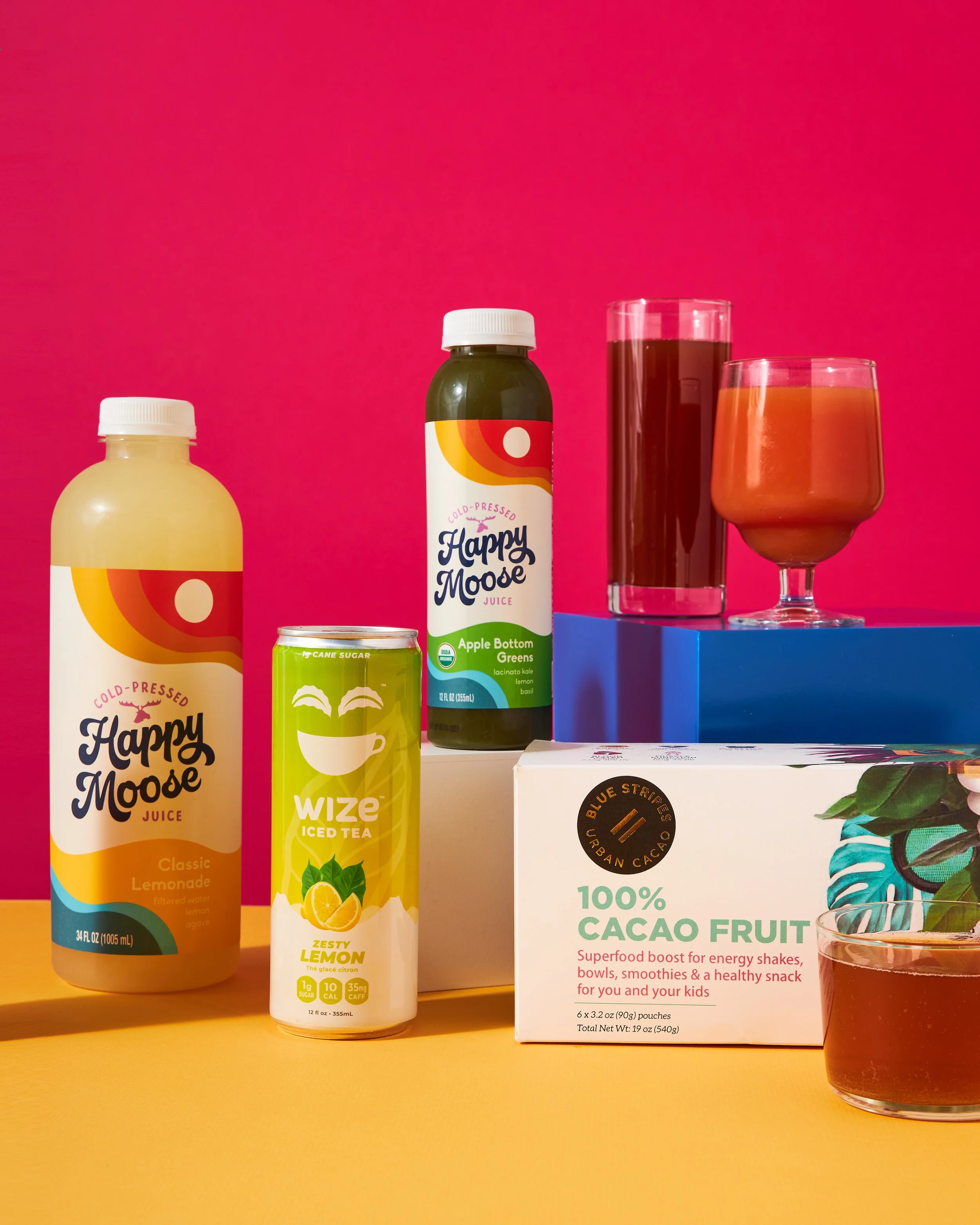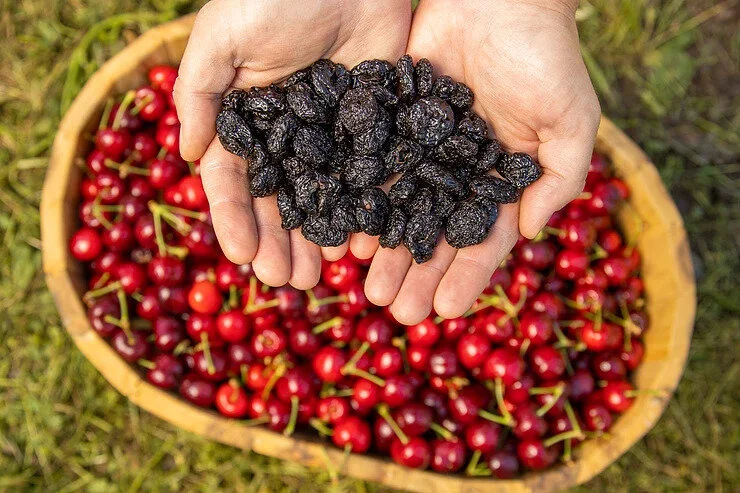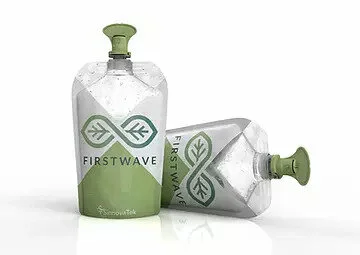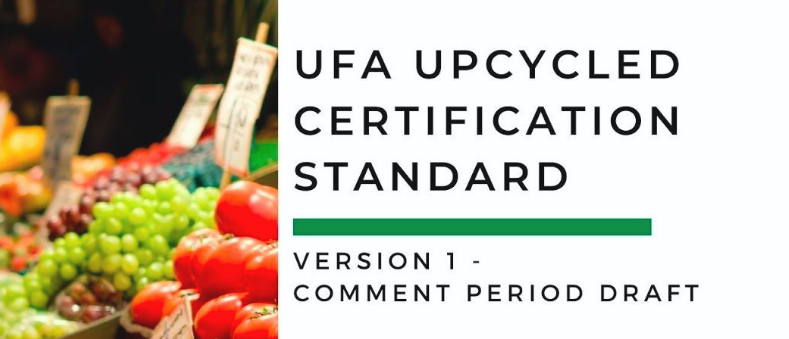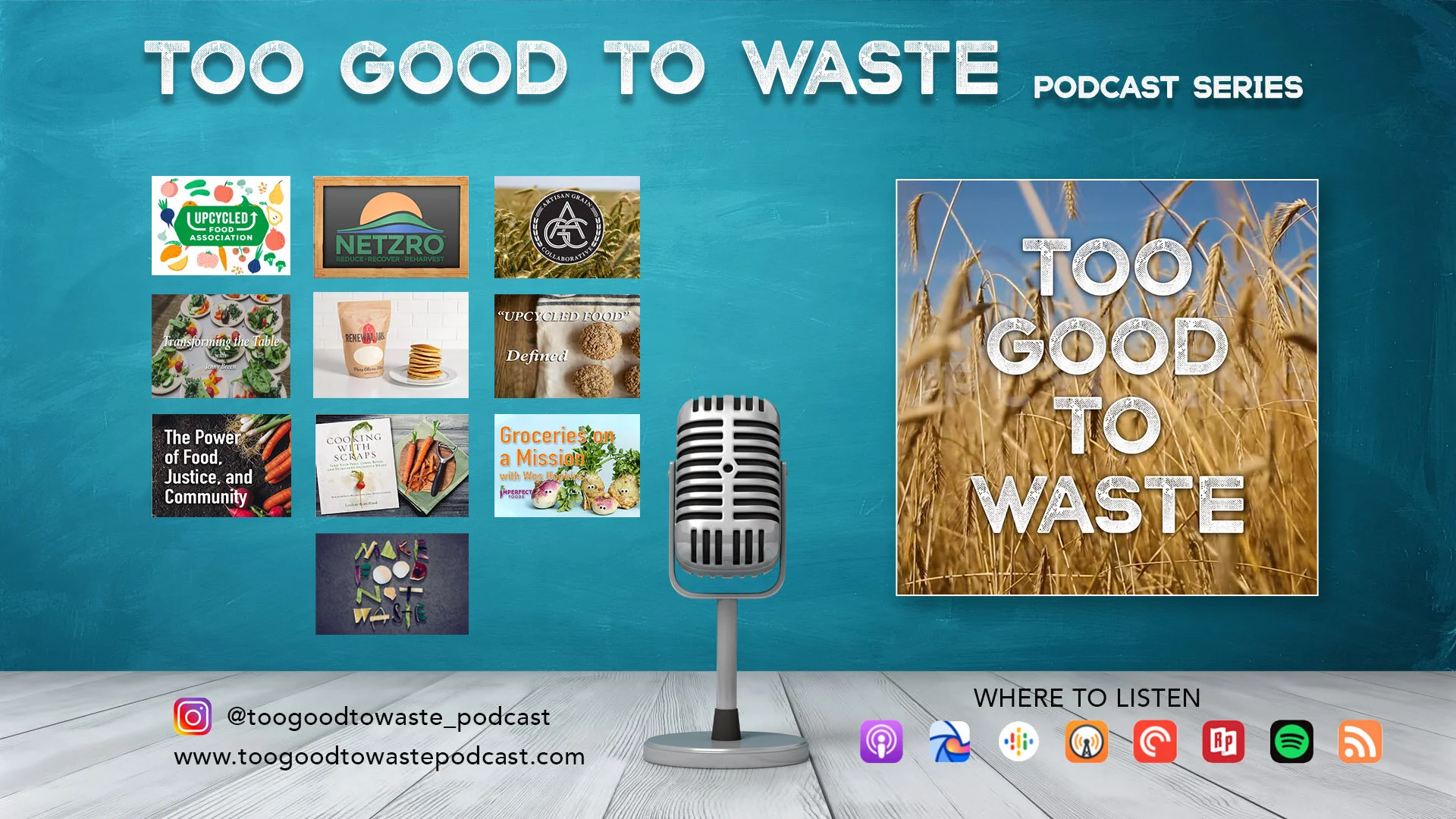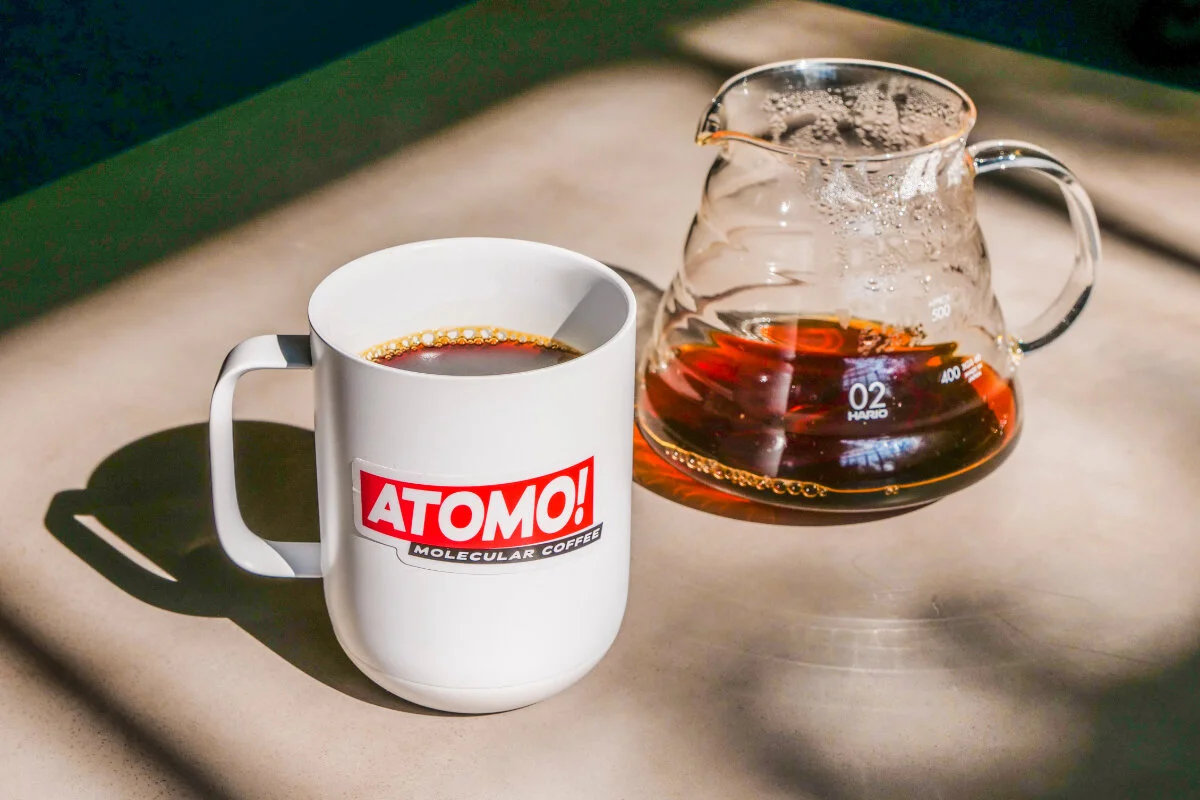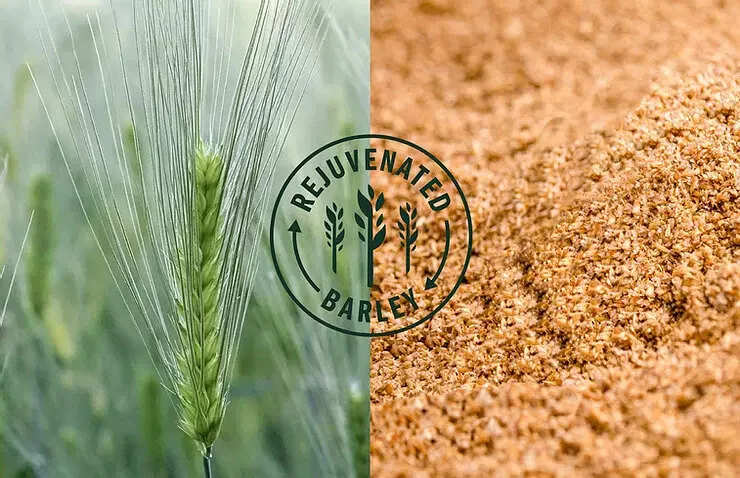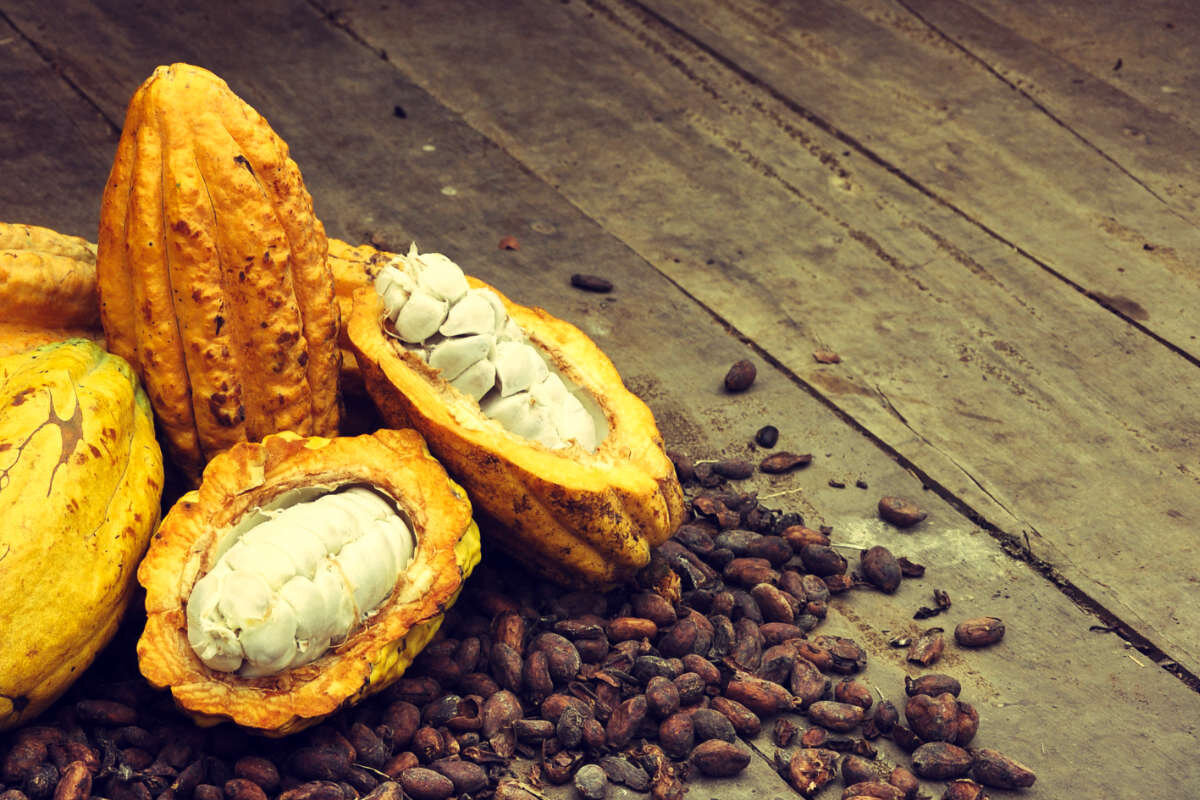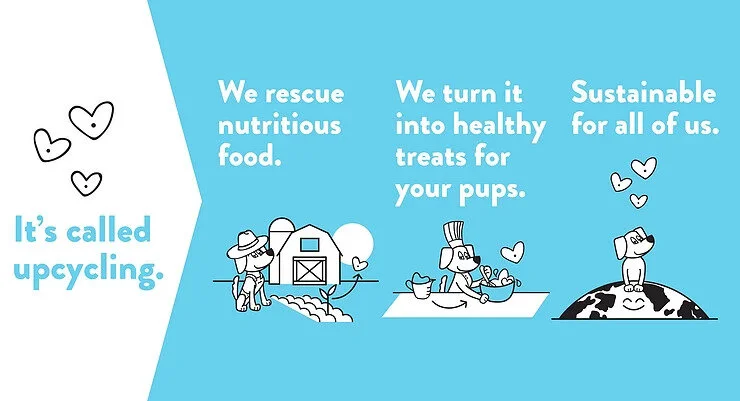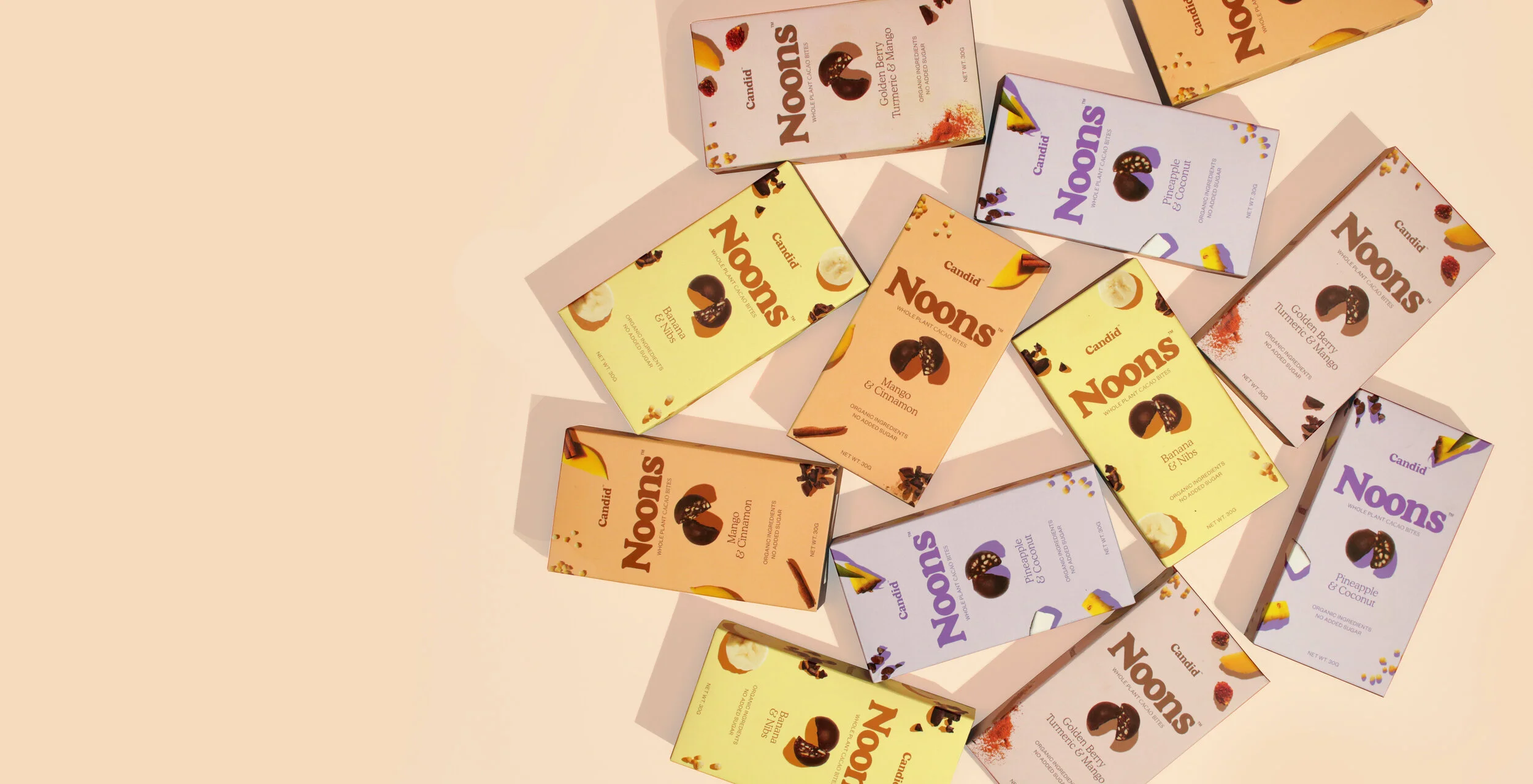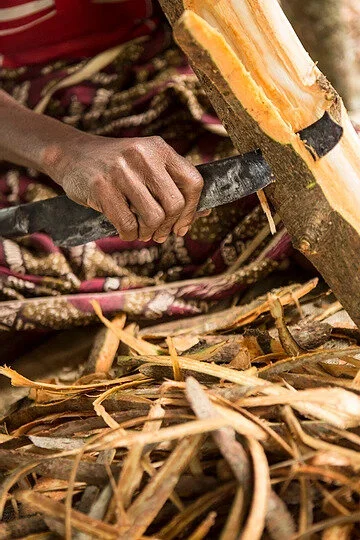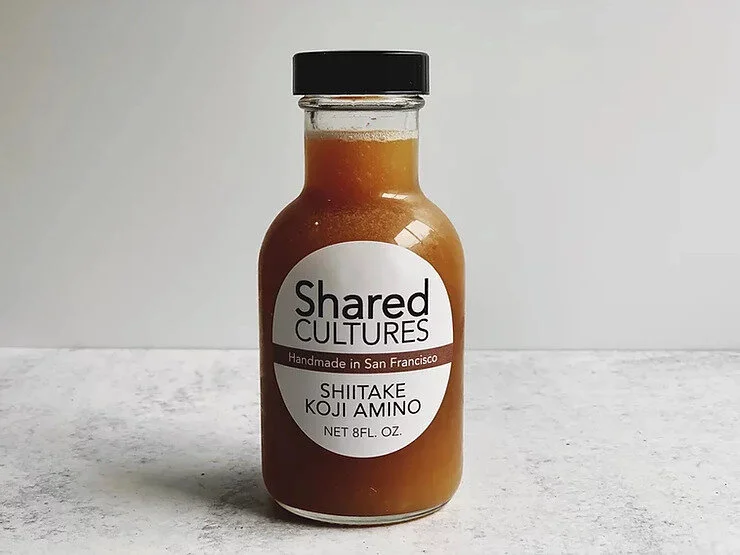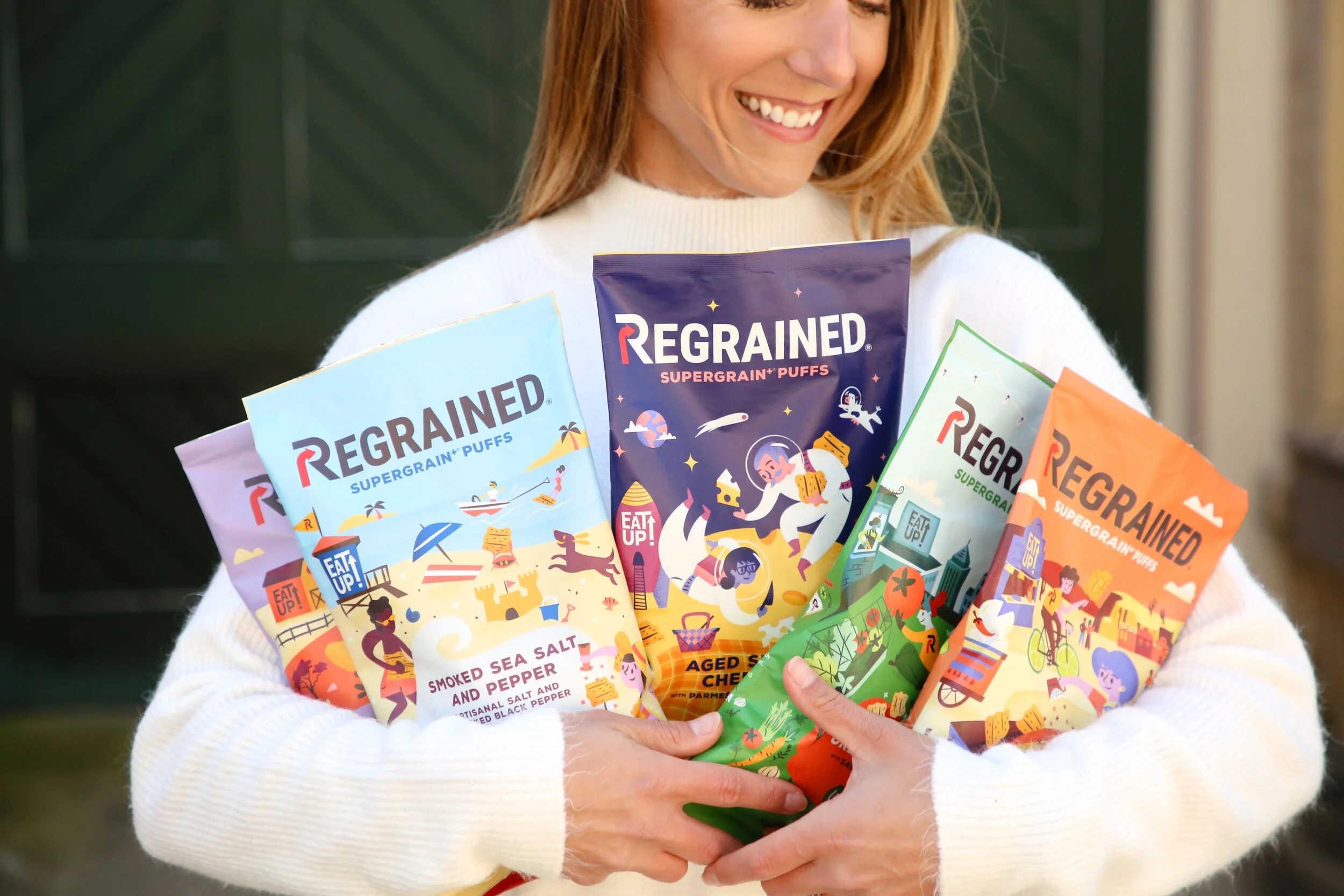Insights on Upcycling
8 New York Upcycled Food Brands Preventing Food Waste
Here’s a list of 8 New York based upcycled brand leaders!
Upcycled Food & Regenerative Ag: Allies in a Circular Economy to Champion Stop Food Waste Day
Over one-third of the food in the United States is lost or wasted every year, squandering natural resources, contributing to food insecurity, and perpetuating the climate crisis.1 Of the 73 to 152 million metric tons of measured food waste lost each year, the most wasted foods are fruits and vegetables, followed by dairy and eggs. Over half of all waste occurs at households and restaurants, while the food distribution and processing (i.e., manufacturers) sector generates 34 million metric tons of the total amount stated above.2 Put in terms of gross tonnage, it’s the equivalent of every U.S. citizen wasting over 1,000 pounds of food each year.
A beginner’s guide to upcycled foods
Moving towards a zero-waste food system will benefit producers, consumers, and, most of all, our planet. Within the global food supply chain, from farm through production to consumer, there are multiple opportunities to reduce waste. One of the most exciting opportunities is the growth of upcycled foods, which provide quality products to consumers while reducing food waste.
Good for the Gut and the Planet
Solnul™ is an upcycled ingredient from the potato manufacturing industry. Using MSP's proprietary process, starch is reclaimed from the water used to cut potatoes during processing. It is then gently dried and repurposed into the Solnul™ products, simultaneously recycling water that is "cleaned" during the process. The clean water is returned to the reservoir to continue supplying the surrounding crops, perpetuating an operational loop.
4 Ways Grocers are Winning Market Share & Boosting Margins by Reducing Food Waste
It’s no secret the retail industry struggles with food waste. More than 43 billion pounds of food is thrown away each year by supermarkets — that’s 10% of all U.S. food waste — due to administrative mistakes, breakage, spoilage, theft, and other losses.
Sunrise Fresh Dried Fruit Company: The Fruit Waste Solution
In the United States, fruit waste is upwards of 20 billion pounds per year. Whether that happens from farms, processors, distributors, wholesalers, retailers, restaurants/foodservice establishments, or consumers, one thing is for sure- we need to be better about upcycling our food.
Creating a Resilient Food System through Food Technology
According to FAO, more than 1/3 of all food produced for humans is never consumed, which translates to 1.3 billion tons per year. For fruit and vegetable crops, the losses are in excess of 45%, which is the equivalent of 3.7 Trillion apples per year.
The Upcycled Certification Standard has arrived!
The Upcycled Food Association (UFA) is thrilled to announce the adoption of the world's first Upcycled Certification Standard!
My Rescued Dogs Teach Me About Upcycling
Let’s start with a bit of context; Tributo Natural Pet Food is a little family business from Chile, founded by husband and wife duo, Loreto and Alejandro. We develop natural pet food and snacks from Upcycled Salmon for a couple of reasons:
Too Good To Waste - Upcycled Food Podcast
The upcycled food movement is growing and evolving at an unbelievable pace. Lucky for us at UFA, we get to witness this every single day.
The Future of Coffee is Molecular
When Cofounders of Atomo!, Andy Kleitsch and Jarret Stopforth, first met for coffee 2 years ago to discuss creating a startup, they had very little idea about the devastation the global coffee industry was facing.
How to be a Closed Loop Consumer
One of the questions we’re constantly asking ourselves at Closed Loop Cooking is ‘What does it mean to be a conscious consumer?’
Reimagining Spent Grain: The Barleymilk Revolution
Oftentimes, when we think or hear about food waste, the intricacies of how deeply rooted the problem really is are often overlooked. Society focuses mainly on the food going bad at grocery stores, in restaurants, and in our own refrigerators.
Upcycling and the Cacao Fruit
Nearly everyone is familiar with chocolate, but few people know that chocolate is actually the seed of a fruit. This colorful fruit grows on the cacao tree, which is a tropical fruit tree native to the forests of Ecuador.
Closing the Loop in Grocery Retail
Food waste occurs in every aspect of the supply chain, starting at the farm level and ending all the way in consumer’s hands.
Messaging Beyond a Singular Mission
Impact messaging is complicated. It used to be easier. As a college student back in the mid 2000s I worked on the floor at the first mega Whole Foods Market (now the global headquarters) in Austin, TX.
These Two Uncommon Scents Were Created Through Upcycling
Food waste allows us to create uncommon experiences. For over 130 years we’ve put science and artistry to work to create the unique and unexpected scents, tastes and ingredients for the products our world craves.
Connecting the Dots: The Upcycled Supply Chain
Food upcycling means closing the loop in a way that finds the highest possible use for food byproducts that would otherwise end up in waste streams.
Fermenting to Fight Food Waste
Fermentation has always existed as not only an essential method of food preservation, but as a way of life.
How Upcycled Brands Are Making Sustainable Packaging a Priority
As you walk up and down the aisles of your grocery store, you’ll find that single-use packaging fills the shelves. It’s everywhere you look.



